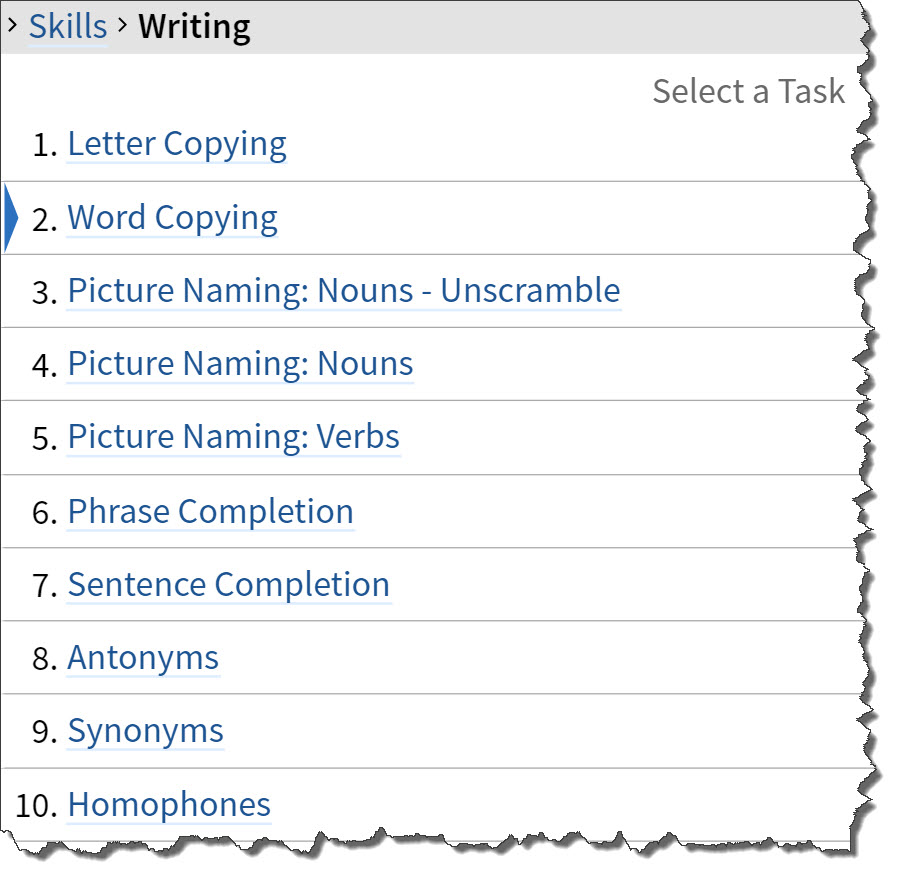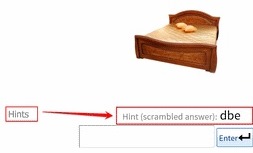How can I improve my Expressive Aphasia?
Tips for Understanding word-retrieval when it affects writing, plus worksheets & resources for home treatment.
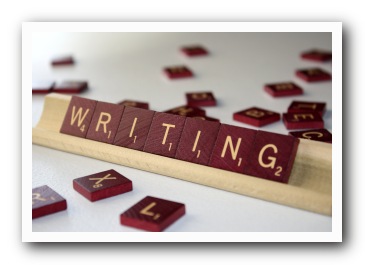 Written
language refers to the ability to communicate in text.
It does not mean being
able to use a pen or pencil. My focus here is the
language, not manipulating a pencil. To make it clearer,
we'll refer to Writing as Spelling because they could type, choose a
letter from a list, slide scrabble tiles around, etc. Some common
diagnoses are Agraphia or Dysgraphia.
Written
language refers to the ability to communicate in text.
It does not mean being
able to use a pen or pencil. My focus here is the
language, not manipulating a pencil. To make it clearer,
we'll refer to Writing as Spelling because they could type, choose a
letter from a list, slide scrabble tiles around, etc. Some common
diagnoses are Agraphia or Dysgraphia.
How severely is my Writing impaired?
- First, evaluate their reading. (View How to Evaluate Reading).
- Figure out easiest way for them to spell. You
might do this with Writing Letters, below.
- Writing the letters. (This is the hardest because they have to manipulate the pencil/pen and remember what the letters look like.
- Choosing letters from a list.
-
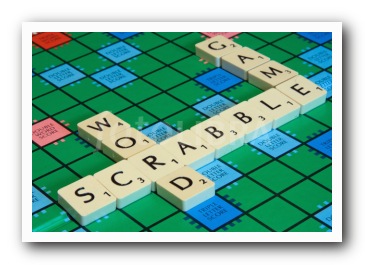 Sliding alphabet tiles around. Scrabble tiles are great for
this. This gives them the most independence, especially if
they are slow.
Sliding alphabet tiles around. Scrabble tiles are great for
this. This gives them the most independence, especially if
they are slow.
- "Copying" a word (by moving/choosing from a list
of letters)
- Give them a word.
- Give them some alphabet tiles (scrabble times work great for this).
- At the easiest level, you give them just the letters for that word, but scrambled.
- At harder levels, you give them more letters, up to the full alphabet.
- Write letters
- Show them a, b, e, f, g and have them write : A, B, E, F
- Spelling the word for a picture
- Give them the correct letters, but scrambled. ( for apple: elpap, etc.), if they can do that, then for the next one try:
- Give them the letters for the word plus some extra unnecessary letters (what therapists call Foils). If they do OK with that, keep adding more foil letters. Eventually, just give them all the scrabble tiles.
- When done, ask (very neutrally) if they are confident of the word (almost as if you are not certain. You don't want them to think they got it right or wrong. You want them to decide.)
- Sentence
Same as Spelling the word, but use complex photos (a man throwing a ball, instead of just a photo of a ball or a man)
Show them a photo and have them spell the word for the photo. You can use the printable Worksheets below for this or you can use the Writing exercises in MoreSpeech.com
Worksheets for Writing Treatment at home
- Written Picture Naming
- Written Sentence Completion
-
A few photos for Written Sentence Construction. These are from
Sights'n Sounds 2 (part of our Monthly
Subscription).
Have them write a complete sentence describing each of these.

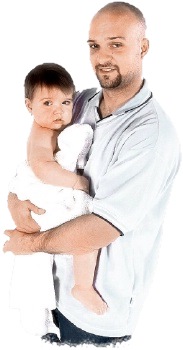
The more effective alternative to Worksheets
Worksheets are a fine place to start, unfortunately, there is no research that worksheets alone are effective (that was confirmed for me by researcher (Dept head of a Speech Pathology University program). They are better if the caregiver (or therapist) works with the survivor while they are using them, so that the survivor can work at a challenging level without frustration. When the survivor is frustrated, the helper provides cueing.Specific Problems:
- Many survivors are embarrassed by failing in front of someone, especially a family member. But they must to work at a challenging level for it to be effective.
- Survivors often don't work well with family members (partially due to the failure issue above, and because of relationship dynamics. (You keep telling me what to do).
- Helping is hard to master. It takes enormous patience to provide only the hints/cues that the survivor needs. Provide too much and they'll get angry (you robbed them of the chance to be correct). Provide too little, and they get frustrated... and angry. Speech Pathologists get spend years on these skills. It's difficult to pickup in just a few hours, weeks, or even months
However,
the research shows that treatment software is effective
when it's specially designed speech & language software.
Survivors often prefer working independently with treatment software because:
- They work at their speed and on their schedule.
- They can work in private, where no one can see them fail.
- They get cueing (hints) automatically, so it's frustration-free.
- They gain control over the very thing that has robbed them of freedom:
their speech & language.
Once upon a time there was a speech therapist who realized her patients needed more therapy than insurance was providing. So she asked her husband, a software engineer if he could help. So he created interactive treatment software for her to use at work. And her patients loved it. So did other therapists. So they made it available to everyone and he worked full time creating even more programs.
I am that software engineer. And I continue to work on that software today. It's used in the top Rehab Hospitals and all around the world.
A few years ago we collaborated with Dr. Richard
Katz and produced a web-based program
for speech therapy:
MoreSpeech.com which provides unlimited practice for all areas of speech & language,
including writing. You can create a free account and try the Writing
Skills.
Independent Writing Treatment
MoreSpeech.com provides unlimited practice for all areas of speech & language, including writing. You can create a free account and try it out.
Try MoreSpeech.com (claim your free account)
Every day is an opportunity for recovery. Don't miss a single day.
- Surprising neuroscience discovery that makes recovery possible at any age.
- Why embracing failure leads to faster recovery.
- Unlock your survivor's communication needs in 4 steps.
- How to improve speech & language at the kitchen table.
Clay Nichols
Co-founder of
MoreSpeech and
Bungalow Software
for unlimited speech therapy at home and in the clinic.
 For
3 decades, Clay has helped patients, caregivers and speech pathologists
with speech & language software. He is not a speech-language
pathologist.
For
3 decades, Clay has helped patients, caregivers and speech pathologists
with speech & language software. He is not a speech-language
pathologist.
© 2025 Bungalow Software
